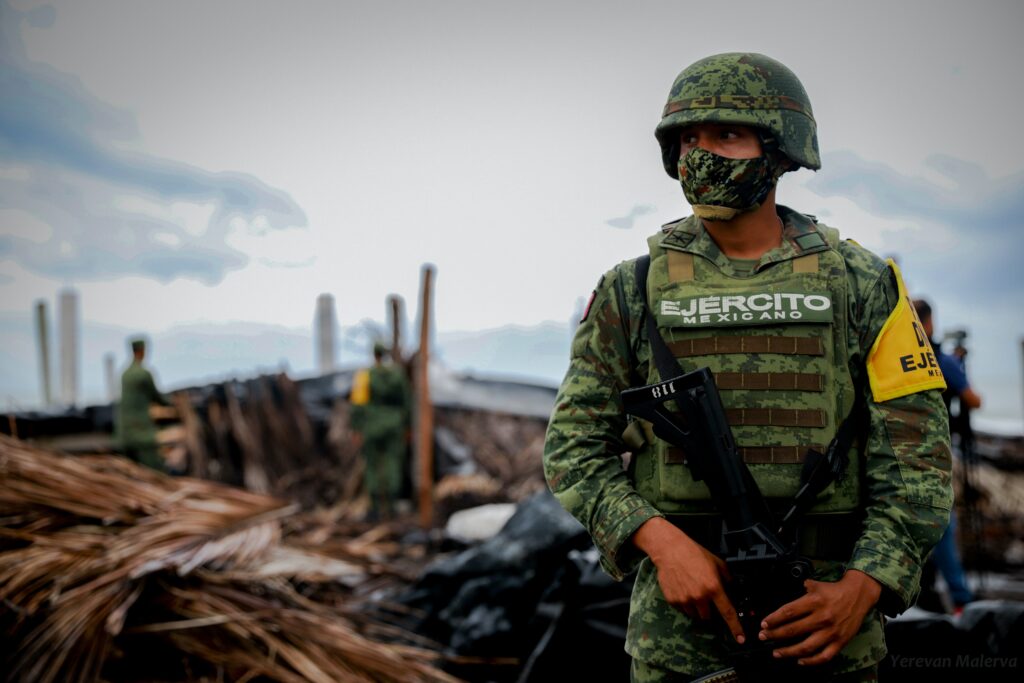In the grand tapestry of human history, there exist individuals who dare to disrupt the status quo, unearthing hidden truths and exposing the dark underbelly of society’s injustices. These modern-day heroes, known as whistleblowers, wield the power of truth to reveal systemic wrongdoings that would otherwise remain shrouded in secrecy. With unwavering courage and a strong sense of ethical responsibility, these whistleblowers emerge as beacons of hope, shedding light on the global injustices that desperately need our attention.
The Silent Crusaders for Justice
Whistleblowers are the vanguards of justice who often emerge from within the very systems they intend to reform. Their actions transcend borders, cultures, and industries, united by a common goal: to speak truth to power and hold wrongdoers accountable. From corporate malfeasance to government corruption, these individuals brave personal and professional risks to expose the truth.
One of the most iconic examples of a whistleblower is Edward Snowden. A former contractor for the National Security Agency (NSA), Snowden revealed the extent of global surveillance programs that infringed upon citizens’ privacy rights. His actions sparked a global debate on the balance between national security and individual freedoms, leading to reforms and a heightened awareness of digital privacy concerns.
The Power of Disclosure
Whistleblowers wield the power of disclosure as a tool to dismantle the structures of injustice. Their revelations prompt public outrage, drive policy changes, and ignite conversations that reshape societal norms. The Panama Papers, a massive leak of confidential documents, exposed a global network of tax evasion and money laundering, implicating powerful figures from around the world. This watershed moment underscored the urgent need for financial transparency and accountability.
Another trailblazing example is Chelsea Manning, who courageously leaked classified military documents revealing atrocities committed during the Iraq War. Manning’s actions shed light on the human cost of conflict and contributed to international discussions on war crimes, ethics, and the role of whistleblowers in upholding the truth.
The Price of Courage
Whistleblowers are not immune to the harsh consequences of their actions. Often facing retaliation, isolation, and legal challenges, their sacrifices underscore the lengths to which they will go to expose injustice. Julian Assange, the founder of WikiLeaks, is currently embroiled in a high-profile legal battle as he faces extradition to the United States for publishing classified government documents. Assange’s case raises critical questions about press freedom, government transparency, and the rights of whistleblowers in the digital age.
Similarly, Dr. Li Wenliang, a Chinese ophthalmologist, attempted to raise the alarm about the novel coronavirus in its early stages. His warnings were met with censorship, and he later succumbed to the very virus he sought to expose. Dr. Li’s tragic story serves as a stark reminder of the personal risks whistleblowers undertake to safeguard humanity.
Catalysts for Change
Whistleblowers do more than expose injustices; they inspire collective action and systemic reform. Their bravery encourages others to question authority, demand accountability, and challenge the status quo. Erin Brockovich, a legal clerk turned environmental activist, uncovered a toxic water contamination scandal that affected a California community. Her tireless efforts not only secured justice for the victims but also raised awareness about environmental hazards and corporate responsibility.
As we celebrate the courage and tenacity of whistleblowers, it is crucial to recognize the integral role they play in shaping a more just and equitable world. Their stories remind us that the pursuit of truth transcends personal comfort and safety, and that real change requires the courage to confront uncomfortable realities.
In conclusion, whistleblowers stand as the conscience of society, unearthing truths that demand our attention and action. They challenge us to confront global injustices, spark conversations, and catalyze positive change. As we move forward, let us honor their sacrifices by advocating for stronger protections, amplifying their voices, and working collectively to build a world where justice prevails over secrecy and oppression.








